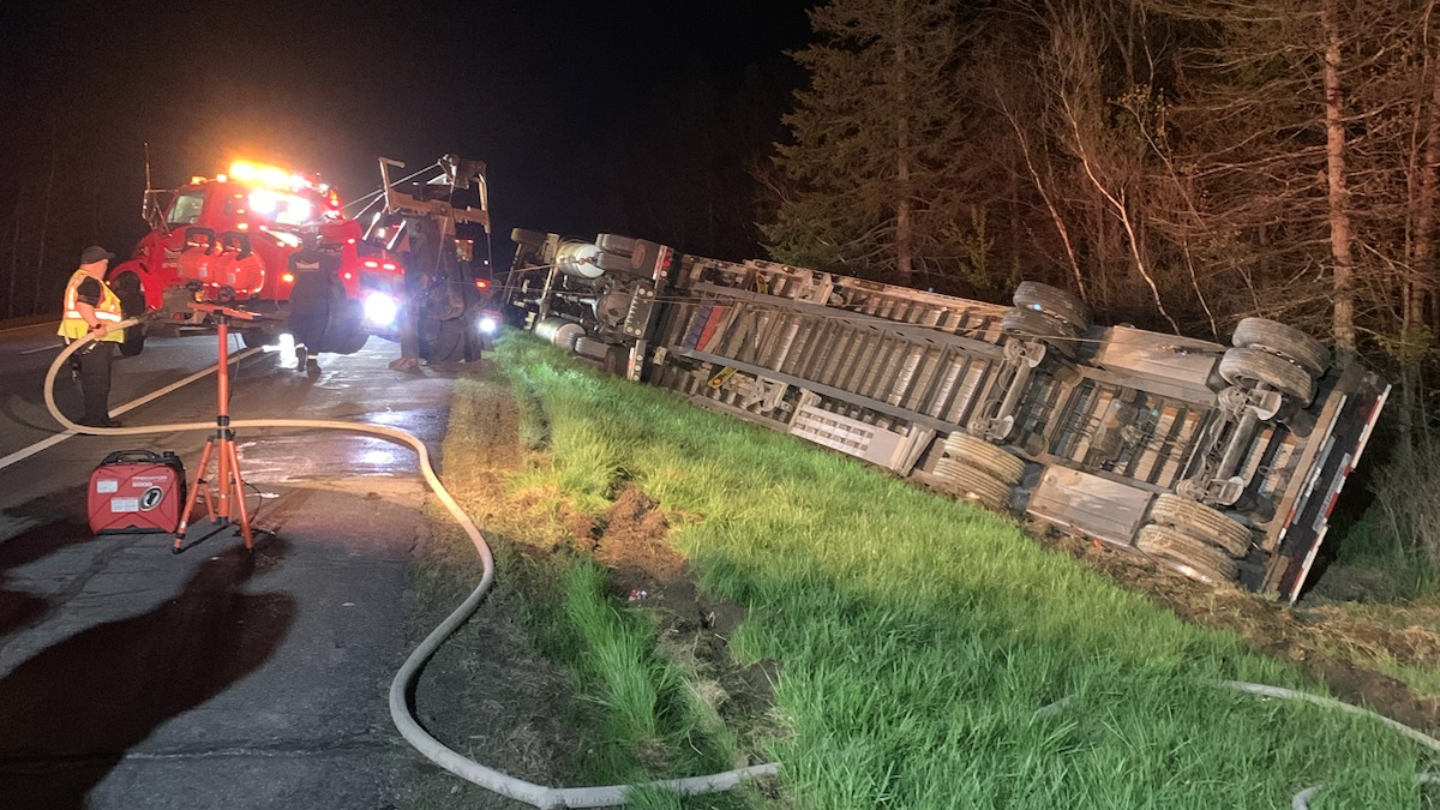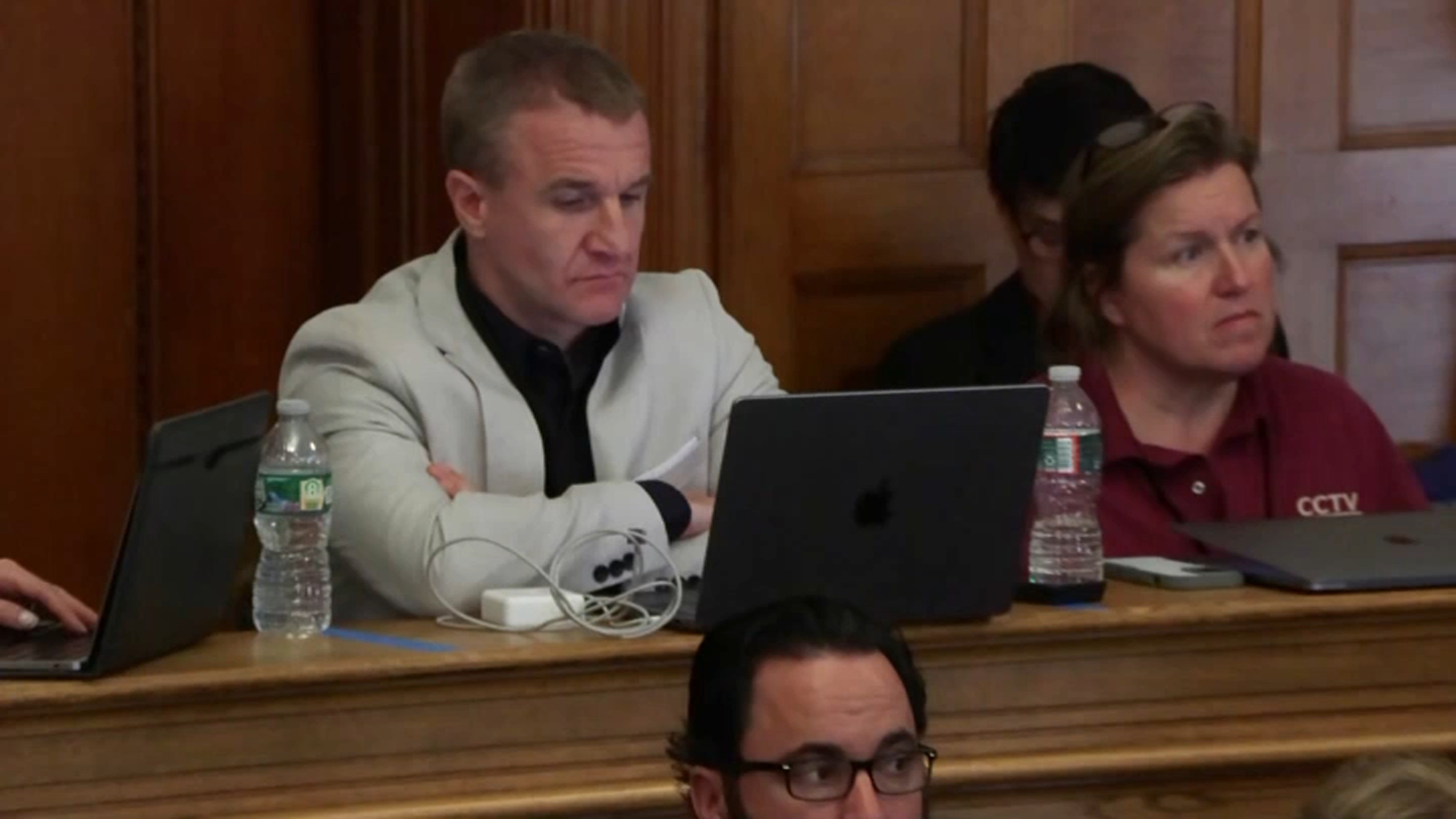(NECN) - The Massachusetts Department of Public Health (DPH) has announced that a man in his 60s from the Metrowest region of Middlesex County has been diagnosed with Eastern Equine Encephalitis (EEE). The man became ill on July 28 after having recently traveled out of state to the Mid-Atlantic region, where he engaged in outdoor activity and reported receiving a significant number of mosquito bites. He was hospitalized and released.
The state where the man acquired EEE is undetermined.
The man lives in an area of Massachusetts that is considered low risk for EEE. In 2012, there have been no pools of EEE-positive, mammal-biting mosquitoes found in that region of the state.
The Department of Public Health will increase mosquito trapping and testing in the Metrowest region, but there has been no evidence of EEE activity that would merit raising the risk level.
“This is another unfortunate reminder of the seriousness of the EEE virus,” said DPH State Epidemiologist Dr. Alfred DeMaria. “We urge all Massachusetts residents to protect themselves from mosquito-borne illness. Avoid outdoor activity at dusk and dawn, when mosquitoes are most active. Use insect repellant and wear socks, long sleeves and pants to prevent mosquito bites, particularly during those times of the day.”
There were two cases of EEE in Massachusetts in 2011, both occurring in August; a fatal case in a Bristol County man and an infection in a tourist from out of state.
EEE is spread to humans through the bite of an infected mosquito. EEE is a serious disease in all ages and can even cause death. The first symptoms of EEE are fever (often 103º to 106ºF), stiff neck, headache and lack of energy. These symptoms show up three to 10 days after a bite from an infected mosquito. Inflammation and swelling of the brain, called encephalitis, is the most dangerous and frequent serious complication. The disease gets worse quickly and some patients may go into a coma within a week.
Local
People have an important role to play in protecting themselves and their loved ones from illnesses caused by mosquitoes.
Avoid Mosquito Bites
Apply Insect Repellent when Outdoors. Use a repellent with DEET (N, N-diethyl-m-toluamide), permethrin, picaridin (KBR 3023), oil of lemon eucalyptus [p-methane 3, 8-diol (PMD)] or IR3535 according to the instructions on the product label. DEET products should not be used on infants under two months of age and should be used in concentrations of 30% or less on older children. Oil of lemon eucalyptus should not be used on children under three years of age.
Be Aware of Peak Mosquito Hours. The hours from dusk to dawn are peak biting times for many mosquitoes. Consider rescheduling outdoor activities that occur during evening or early morning.
Clothing Can Help Reduce Mosquito Bites. Wearing long-sleeves, long pants and socks when outdoors will help keep mosquitoes away from your skin.
Mosquito-Proof Your Home
Drain Standing Water. Mosquitoes lay their eggs in standing water. Limit the number of places around your home for mosquitoes to breed by either draining or discarding items that hold water. Check rain gutters and drains. Empty any unused flowerpots and wading pools, and change water in birdbaths frequently.
Install or Repair Screens. Keep mosquitoes outside by having tightly-fitting screens on all of your windows and doors.
Protect Your Animals
Animal owners should reduce potential mosquito breeding sites on their property by eliminating standing water from containers such as buckets, tires, and wading pools – especially after heavy rains. Water troughs provide excellent mosquito breeding habitats and should be flushed out at least once a week during the summer months to reduce mosquitoes near paddock areas. Horse owners should keep horses in indoor stalls at night to reduce their risk of exposure to mosquitoes. If an animal is diagnosed with WNV or EEE, owners are required to report to DAR, Division of Animal Health by calling 617-626-1795 and to the Department of Public Health (DPH) by calling 617-983-6800.
More information, including all WNV and EEE positive results from 2012, can be found on the Arbovirus Surveillance Information web page or by calling the DPH Epidemiology Program at 617-983-6800. The findings of the DPH Eastern Equine Encephalitis Expert Panel can be found here.



